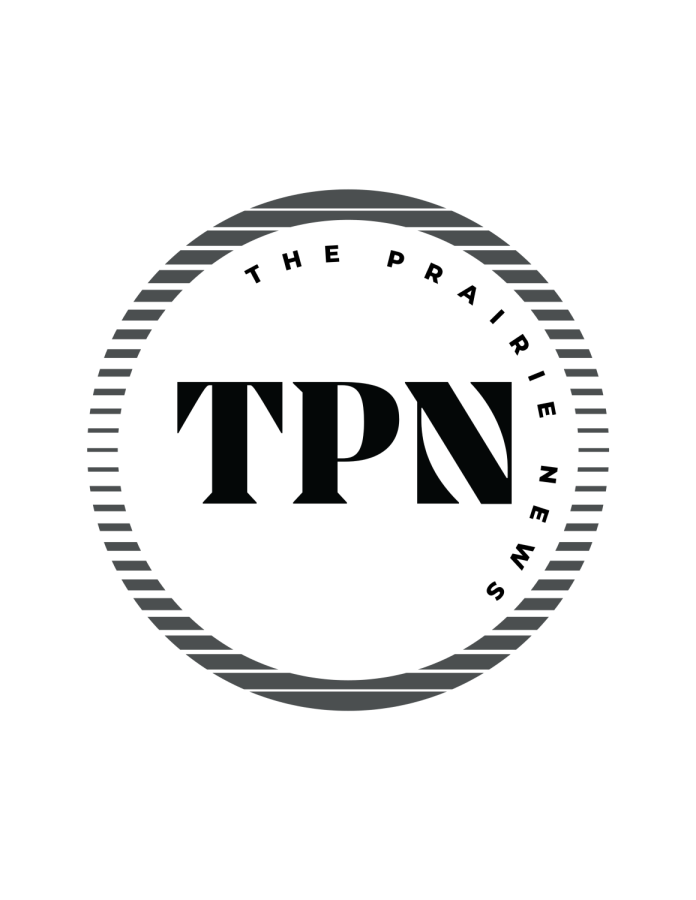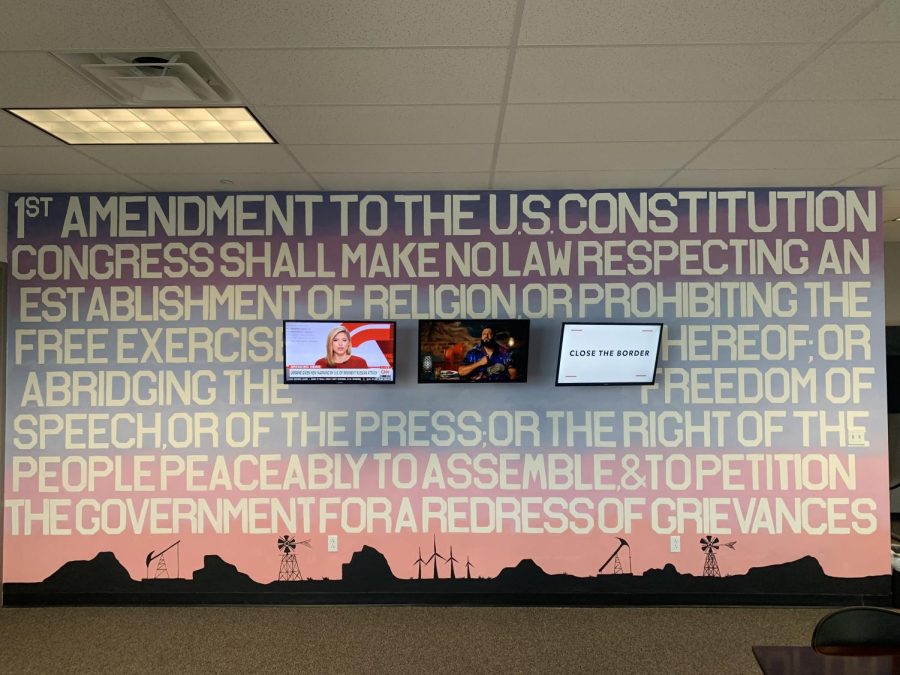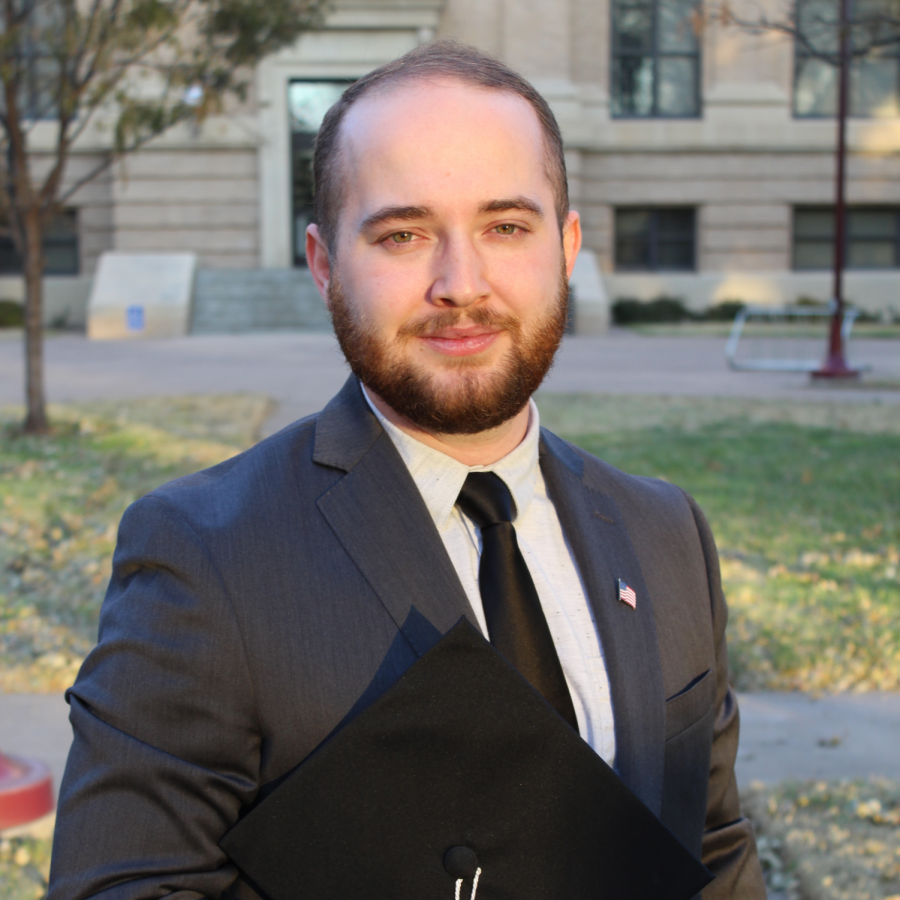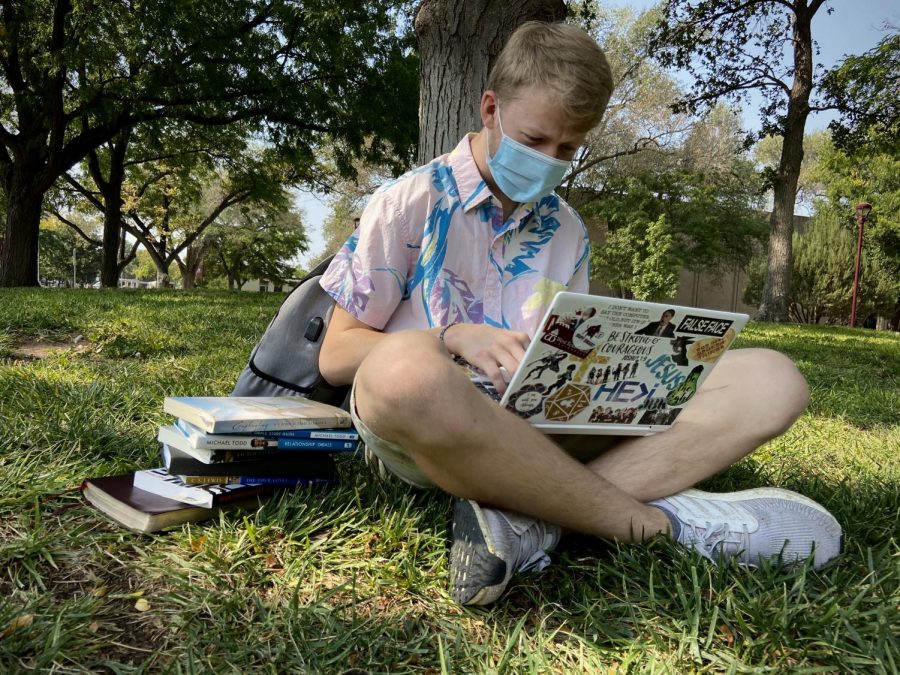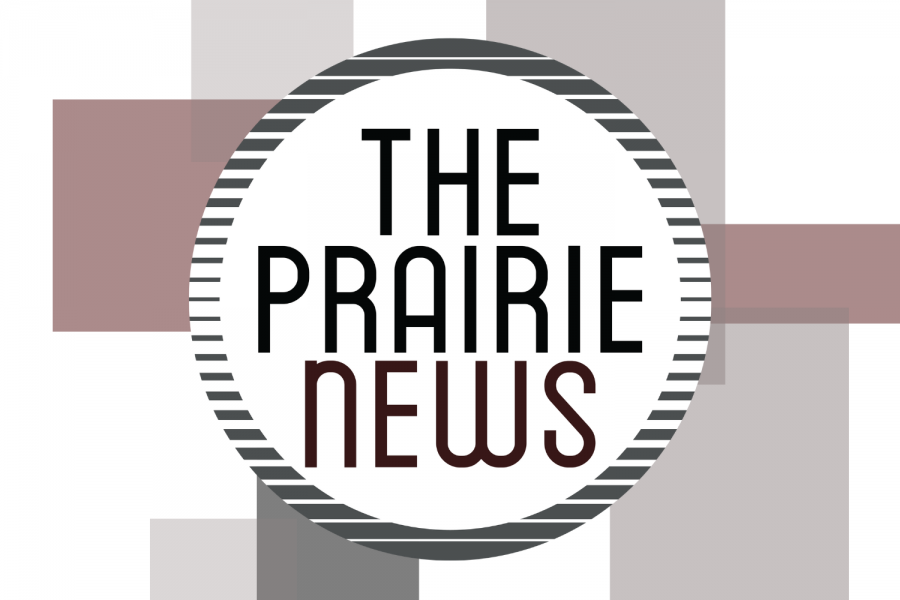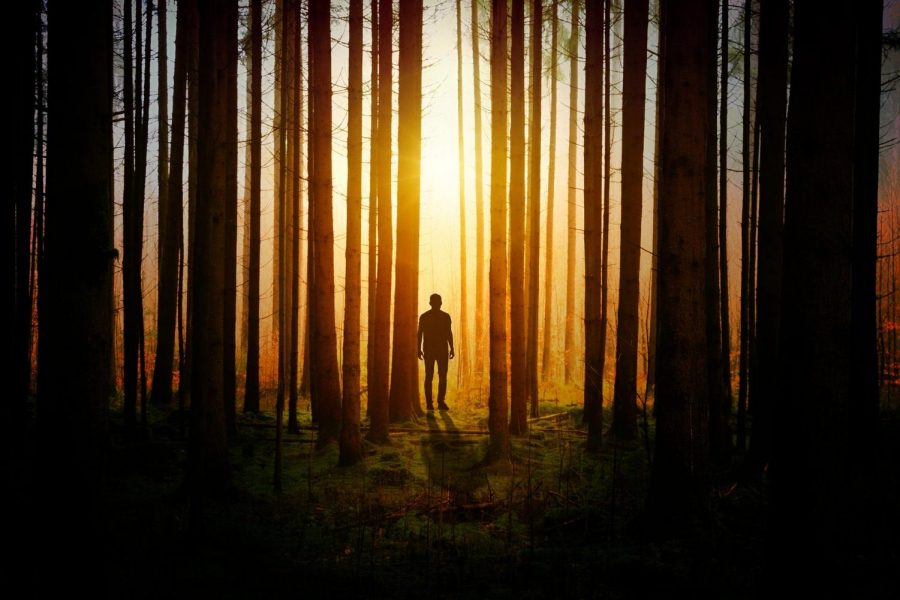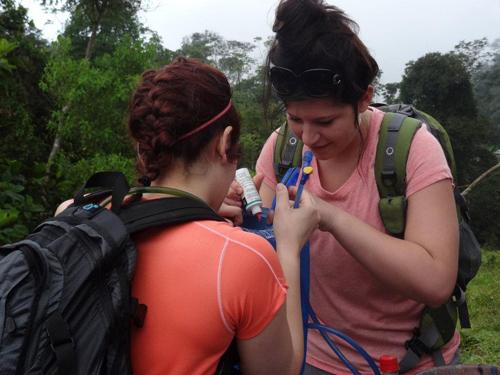
Web Editor’s Note: This is part two of a three-part series. To read part one, click here. For part three, click here. You can view photos of the trip here.
We gathered with families and past ambassadors at the Rick Husband International Airport on March 8. Everyone stood with supporters and luggage ready for our first flight to Houston.
After one night in Texas, we boarded a plane to Tegucigalpa, Honduras. Greenery and layers of clouds appeared when we flew over Latin America. The beauty was similar to the mountains of a tropical Colorado or like a foggy movie set of Jurassic Park.
We experienced the sultry air of Honduras immediately after exiting the plane. The sun was beaming on our pale skin and the warm temperature did not exceed the low 80s.
We drove to Danli from Tegucigalpa, which allowed time to process our new Spanish surroundings.There were no street lights, traffic signs or speed limits. Houses were built tucked away in mountains and school buses cruised roads as public transportation.
The next day we canoed down the Patuca River to Cola de Cajon. The 50-foot canoe was carved by hand from a tall mahogany tree. The rain began to pour, but looking at each other in dripping ponchos gave the cold situation reasons to laugh.
The next morning we began our six-hour hike to the village of Las Piscinas. Again, the consistent rain ensured knee-deep mud and dodging slick areas was nearly impossible.
Finally, we reached the village and met our host Martha, her husband Don Claudio and their family. Martha immediately offered us coffee, eggs, beans and rice while Hondurans and Americans shared pieces of each country.
The next couple of days we woke early for a cup of coffee and cow milking. We assisted Martha in the kitchen and chopped wood. We visited Claudio’s sugar cane, yucca, corn and bean plantations and distributed supplies to an elementary school.
On our final day, we visited a local university and a tobacco factory. The university students were welcoming and the factory had several rooms containing hundreds of workers preparing customized smokes.
At our last dinner in the Valley of Angels, we talked about the adventures and obstacles that we had overcome. Many also shared personal self-evaluations from the unforgettable experience.
We woke early the next morning and prepared for the journey home with heavy hearts. It was difficult leaving a natural and nurturing country.
“Culture shock” was not something I expected to experience with my home country. But, arriving in Houston was a harsh transition from placid Honduras.



